Commercial fishing, loss of nesting habitat and climate change are among the human-caused threats pushing sea turtles towards extinction. As sea turtle populations decline, so does their ability to fulfill vital functions in ocean ecosystems. Our oceans are unhealthy and under significant threat from overfishing, pollution and climate change. It is time for us to protect sea turtles and rebuild their populations to healthy levels as a vital step in ensuring healthy and resilient oceans for the future.
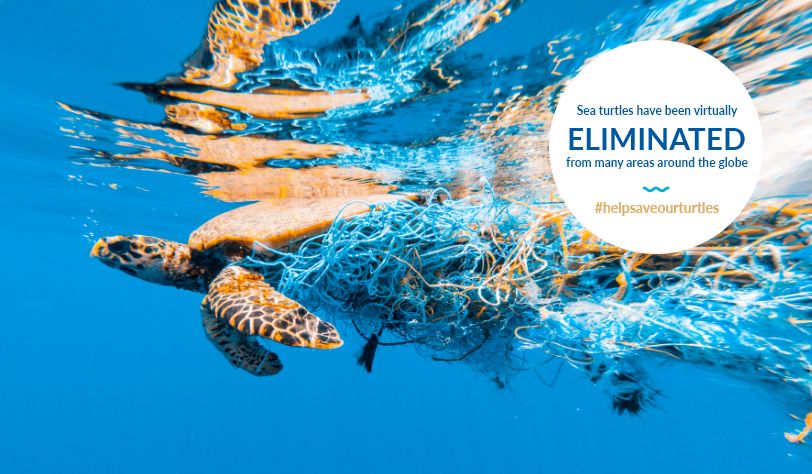
Unfortunately, over the past few centuries, sea turtle populations have experienced significant declines. Before a species goes physically extinct, it can become ecologically extinct. Ecological extinction, which occurs when the number of individuals in a species becomes so small that it is unable to perform its ecological role

For some populations, there is risk not only of ecological extinction, but of physical extinction as well. Natural resource managers are moving towards an “ecosystem approach” to managing the oceans. The first step in taking an ecosystem approach is to ensure the survival of the key components of the ecosystems, which includes sea turtles.
The next step is to ensure their populations actually recover. Increased populations of sea turtles are a key step in restoring the balance among ocean species, an essential step toward restoring healthy ocean ecosystems. What we do know is that sea turtles-even at diminished population levels-play an important role in ocean ecosystems by maintaining healthy seagrass beds and coral reefs, providing key habitat for other marine life, helping to balance marine food webs and facilitating nutrient cycling from water to land.
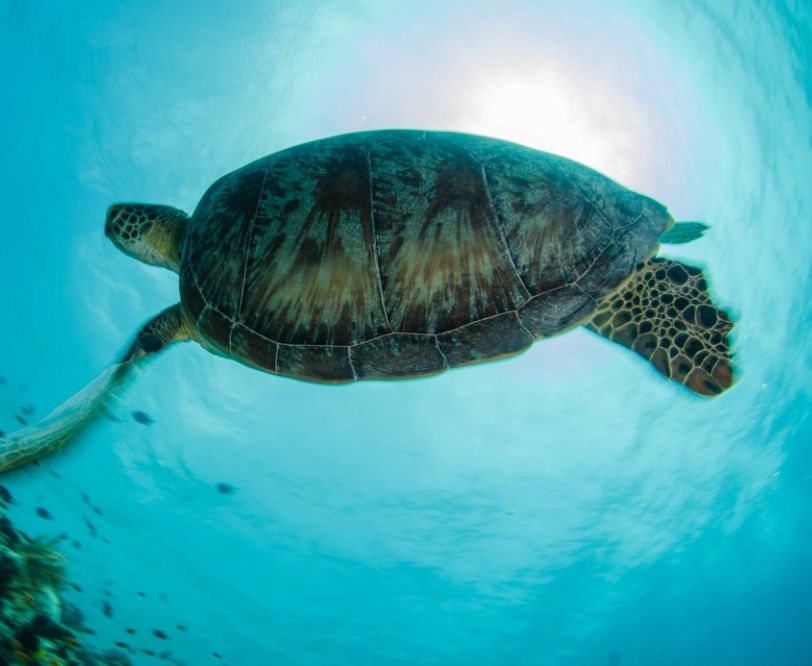
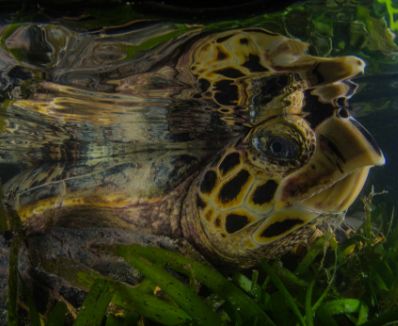
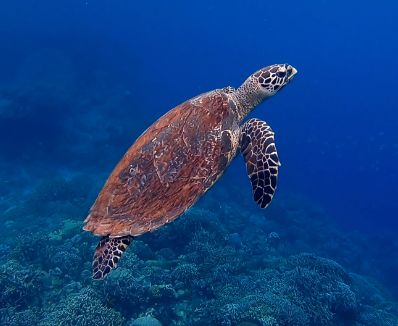
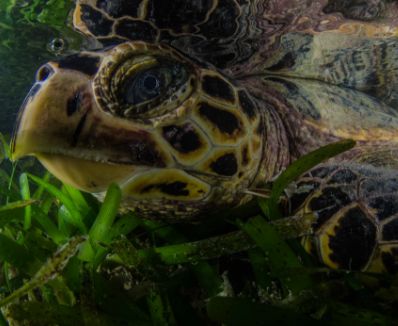
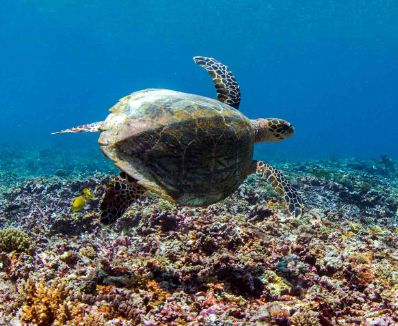
What we do know is that sea turtles-even at diminished population levels-play an important role in ocean ecosystems by maintaining healthy seagrass beds and coral reefs, providing key habitat for other marine life, helping to balance marine food webs and facilitating nutrient cycling from water to land. Pollution: Plastics, discarded fishing gear, petroleum by-products, and other debris harm and kill sea turtles through ingestion and entanglement. Light pollution disrupts nesting behavior and causes hatchling death by leading them away from the sea. Nearly all species of sea turtle are now classified as endangered, with three of the seven existing species being critically endangered.
CO-EXIST PURCHASES CONTRIBUTE TO PROTECTING THE WORLDS TURTLE POPULATION!
Show your support and awareness. Help to preserve and protect our world's oceans.